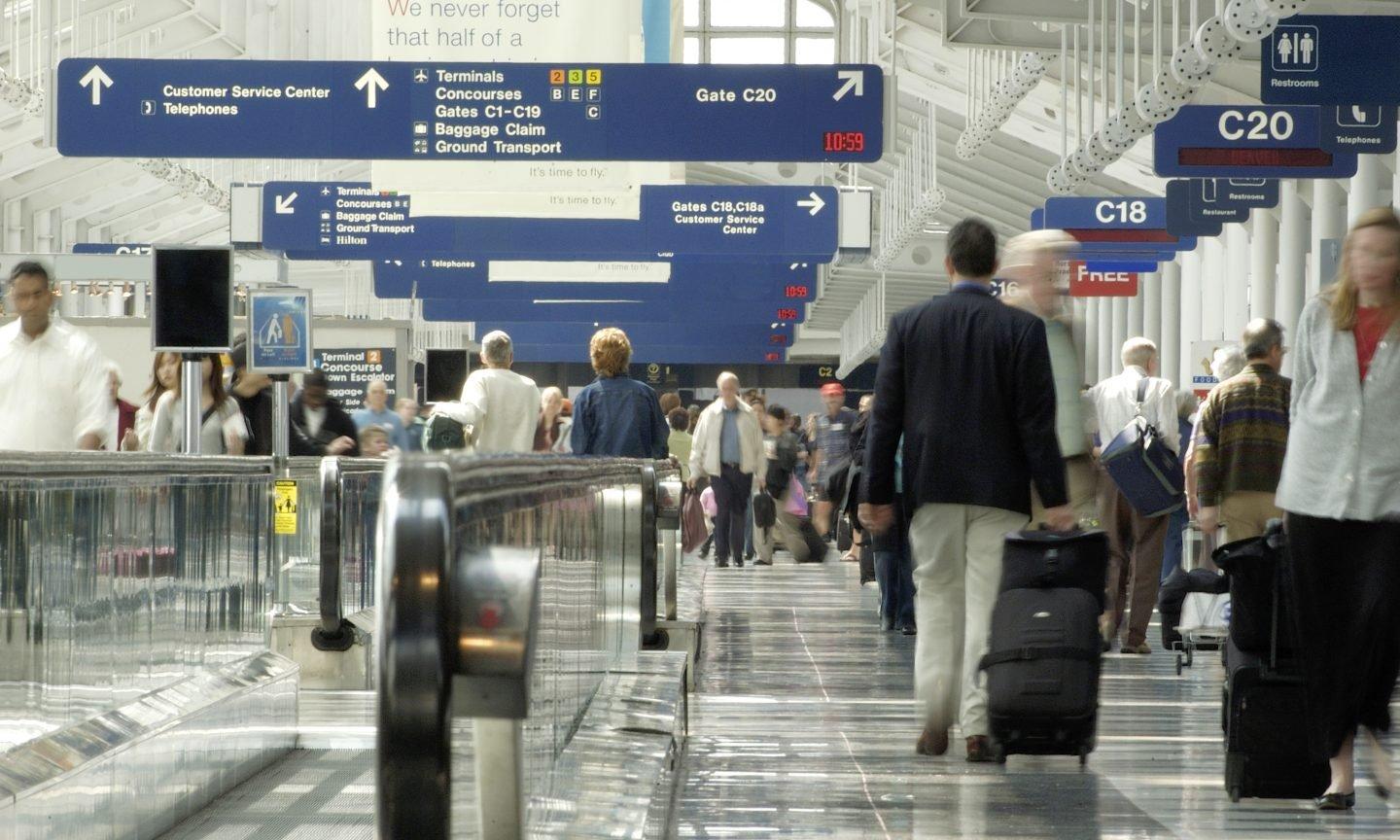For businesses operating at airports, ensuring employees have proper clearance is essential for security and compliance. One of the key requirements for staff working in restricted areas is an airside pass. Whether your employees are handling baggage, working on aircraft, or involved in airport operations, understanding how to obtain an airside pass is critical.
This guide explains what an airside pass is, the vetting process, and how airside pass vetting services and airport employee vetting UK services can simplify the procedure.
What is an Airside Pass?
An airside pass is a security credential that allows an employee to access airside areas of an airport—zones beyond the security checkpoints, including runways, taxiways, and aircraft parking areas. These areas are highly controlled due to safety and security regulations.
There are two main types of passes:
-
Airside ID Pass: Identifies staff who are authorized to operate in restricted zones.
-
Temporary or Visitor Pass: Granted for short-term contractors or visitors with limited access.
An airside pass ensures that only vetted personnel can access sensitive airport zones, protecting passengers, aircraft, and operations.
Why Employees Need an Airside Pass
Employees need an airside pass to:
-
Move freely in restricted airport areas
-
Perform duties such as baggage handling, maintenance, or refueling
-
Comply with UK Civil Aviation Authority (CAA) regulations
-
Avoid legal issues and ensure airport security standards are maintained
Without the appropriate pass, staff cannot legally enter airside zones, which could disrupt operations and compromise safety.
Airside Pass Vetting Process
Obtaining an airside pass involves a strict vetting process to ensure all personnel meet security standards. Airport operators and employers often rely on airside pass vetting services to handle the process efficiently.
The vetting process typically includes:
-
Identity Verification: Ensuring the applicant is who they claim to be.
-
Background Checks: This is often referred to as airside ID pass background checks and includes criminal records, employment history, and security clearance.
-
Eligibility Assessment: Confirming that the employee has the legal right to work in the UK and can be trusted in sensitive areas.
-
Training and Induction: Most airports require airside safety training, familiarizing staff with emergency procedures and restricted area protocols.
By outsourcing to professional airport pass vetting services, employers can save time, reduce errors, and ensure compliance with UK airport security regulations.
Steps to Obtain an Airside Pass for Employees
For employers looking to get an airside ID for their staff, the process generally follows these steps:
-
Register with Airport Security: Only registered companies can request airside passes.
-
Submit Employee Details: Provide personal information, proof of employment, and identification documents.
-
Complete Vetting Checks: This includes airport employee vetting UK services, background checks, and any additional security verification.
-
Attend Airside Training: Employees must complete required induction and safety courses.
-
Collect the Pass: Once approved, employees receive their airside pass or airside ID, allowing authorized access.
The process can take several weeks, depending on airport protocols and the thoroughness of the vetting checks.
Benefits of Using Professional Airside Pass Vetting Services
Employers often choose specialist airside pass vetting services because they offer several advantages:
-
Faster processing: Experienced services know the requirements and reduce delays.
-
Compliance assurance: Ensures that all legal and airport security protocols are followed.
-
Accurate background checks: Comprehensive airside ID pass background checks improve safety and reduce risk.
-
Ongoing support: Many providers offer assistance for renewals, replacements, and temporary passes.
By leveraging professional services, employers can focus on their core operations while ensuring staff access is secure and compliant.
Common Variations of Airside Passes
While the main types are the airside pass and airside ID, there are other variations:
-
Temporary Airside Pass: For contractors or short-term visitors.
-
Vehicle Airside Pass: For staff operating airport vehicles in restricted zones.
-
Combined Airside & Landside Pass: Allows access to both restricted and non-restricted areas for multi-role employees.
Understanding the differences ensures that employees receive the correct type of access for their role.
Renewals and Ongoing Checks
An airside pass isn’t permanent. Employees must undergo:
-
Periodic security re-checks
-
Renewal training
-
Update of personal information
Professional airport pass vetting services often handle these renewals, keeping employee credentials up-to-date and avoiding lapses in airport access.
Conclusion
Obtaining an airside pass is a critical step for any employee working in restricted airport zones. From initial vetting through airside ID pass background checks and training, the process ensures safety, compliance, and operational efficiency.
By using trusted airside pass vetting services and airport employee vetting UK providers, employers can streamline the application process, reduce errors, and guarantee that all staff meet the rigorous standards required for airside access.
Whether you are managing new hires or contractors, understanding the requirements and using professional support ensures smooth operations and secure airport environments.



